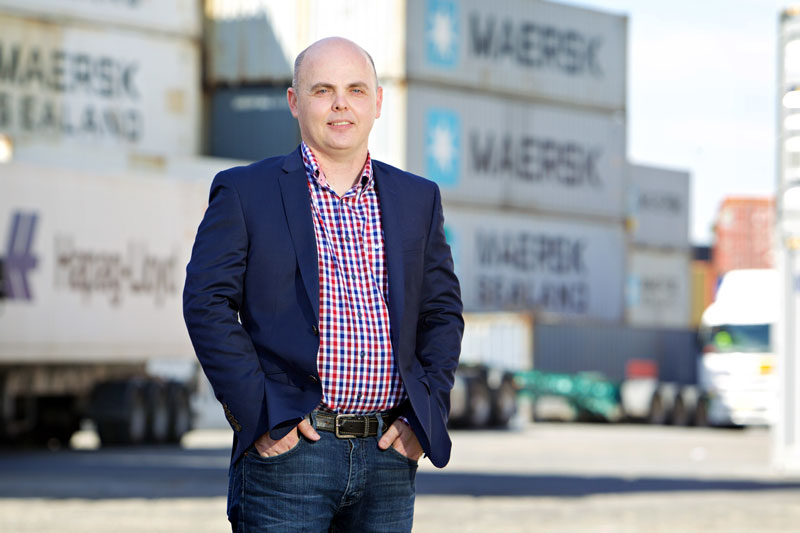
The Australian Border Force is failing importers and construction companies by refusing to test all building products from China for asbestos.
Peter McRae from Platinum® Freight explains…
Those in the industry know the overwhelming majority of importers of building products from China uphold the Australian Government’s ban on asbestos imports. But the frequency of asbestos-riddled building products manufactured in China is on the rise.
The Australian Border Force (ABF) recently told a media outlet they could not test all 1.7 million containers shipped from countries known to manufacture with asbestos. Their claim was that to do so would delay trade significantly and impact other ABF priorities, such as terrorism, drugs and firearms.
The ABF states it tests 5% of products imported from China, and they claim this sample is enough to manage the risk of asbestos getting into Australia. Overwhelmingly, however, the building products recently found to contain asbestos have in fact been imported from China, and the instances are on the rise – so clearly testing a sample as small as 5% is not working.
Earlier this year, Lloyds List filed this report on raids by the ABF relating to the suspected importation of asbestos products from China by an Australian company. The raids followed widespread media reporting in Western Australia that asbestos had been found in roof panels which were used in the building of the new Perth Children’s Hospital. At the time, the Australian building contractor supplied the appropriate certifications and documentation to show the Chinese manufacturer had been tested for asbestos in 2013 and they were found to be asbestos-free.
The Australian builder later claimed he had been provided fraudulent test certificates. Whether the certificates were legitimate or not, why are Chinese companies able to provide three-year-old certification as proof of current processing and manufacturing standards to Australian authorities, let alone fake certification? And why does the ABF take these certificates at face value and not demand – or impose – more stringent testing to ensure that Australian builders, their workers, and ultimately, Australian citizens, aren’t exposed to deadly asbestos?
It makes sense for builders and construction companies to import building products from China because they represent unparalleled cost-savings in most cases, but to ensure they meet Australia’s rigorous standards, the ABF must stand up and impose better testing.
Goods imported from China classified from 6808 to 6813 are only those that the ABF needs to be testing.
The recent discoveries of asbestos in building products from China occurred in products classified 6808 and 6809. Both items don’t mention asbestos in their description but in recent instances they have been found to contain it. In May 2016, Australia imported more than $653,000 worth of building products classified under 6808 and almost $105,000 worth of products classified under 6809. In May 2015, Australia imported a whopping $1.1 million of 6809 classified products.
I’m sharing these figures to show just how much Chinese plaster products are entering our country under a product classification that is expected to be asbestos-free, but has not been the case in recent times.
The ABF has said they are working closely with customs brokers to educate importers about testing for asbestos, but putting the onus on importers is dodging responsibility.
As an importer, finding out the items you plan to import contain asbestos before they’re on the ship is more than annoying, but finding this out when they’re already in market or being used could be disastrous. With that in mind, I always encourage importers to carry out their own testing of the building products they import when they are importing from a country that manufactures with asbestos, but customs brokers have no jurisdiction to ensure importers carry out these tests. As the importers are the individuals and companies who must bear the brunt of the cost of these tests, some will have their imports tested and others won’t to save money.
With that in mind, the ABF is the ultimate entity to determine the products that should and should not reach Australian shores. If they don’t do something, we will see more and more instances just like the new Perth Children’s Hospital.
